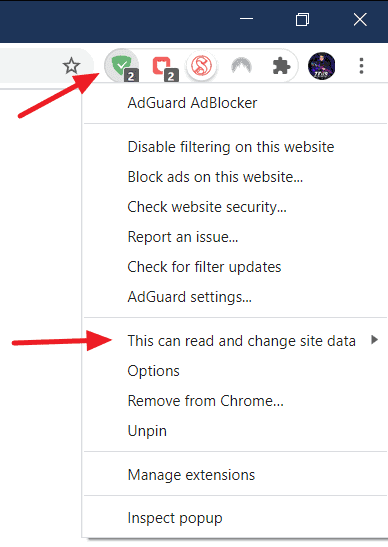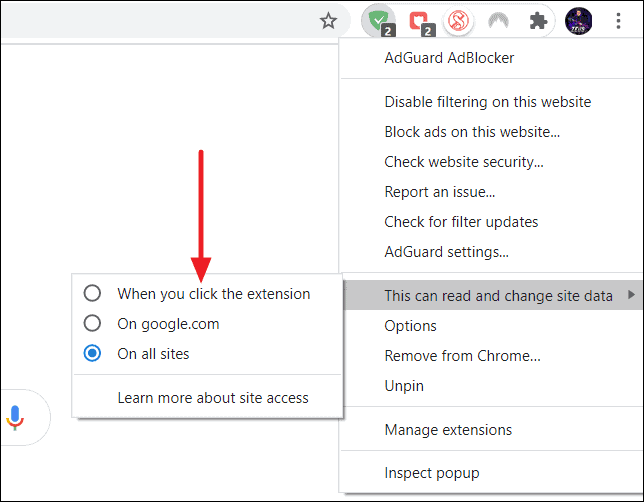Chrome extensions offer enhanced functionality and customization, but they often request permission to read and change data on every website visited. Adjusting these permissions can safeguard your privacy and improve browser performance.
Reasons to customize extension permissions in Chrome
Although reputable extensions require access to website data to function properly—such as ad blockers that need to analyze site content to block advertisements—some extensions may misuse these permissions. Malicious extensions can collect your browsing data and share it with third parties, posing significant privacy risks. Additionally, running numerous extensions can consume system resources like memory and processing power, potentially slowing down your computer.
Fortunately, Chrome allows you to easily manage these permissions for each extension individually. Modifying an extension's access to your site data requires only a few steps, though adjusting permissions must be done one extension at a time since Chrome doesn't offer bulk editing for this setting.
How to limit an extension's permission to read and change site data in Chrome
Step 1: To adjust an extension's permission to read and change site data, right-click on the extension's icon in the Chrome toolbar. Hover over the option labeled "This can read and change site data" to reveal additional settings.

A set of permission options will appear:
Option 1 - When you click the extension: This setting restricts the extension from reading or changing data on any website until you click its icon. It's considered the safest option.
Option 2 - On the site that’s open in the current tab: This allows the extension to read and change data only for the website currently open in the active tab.
Option 3 - On all sites: This default setting permits the extension to read and change data on all websites you visit.

It is advisable to review these permissions for all the extensions installed in Chrome. By limiting each extension's access—either by allowing it only on specific sites or by requiring manual activation—you enhance your privacy and control over your browsing data.
By managing extension permissions, you can prevent unwanted access to your data and reduce potential security risks associated with browser extensions.

